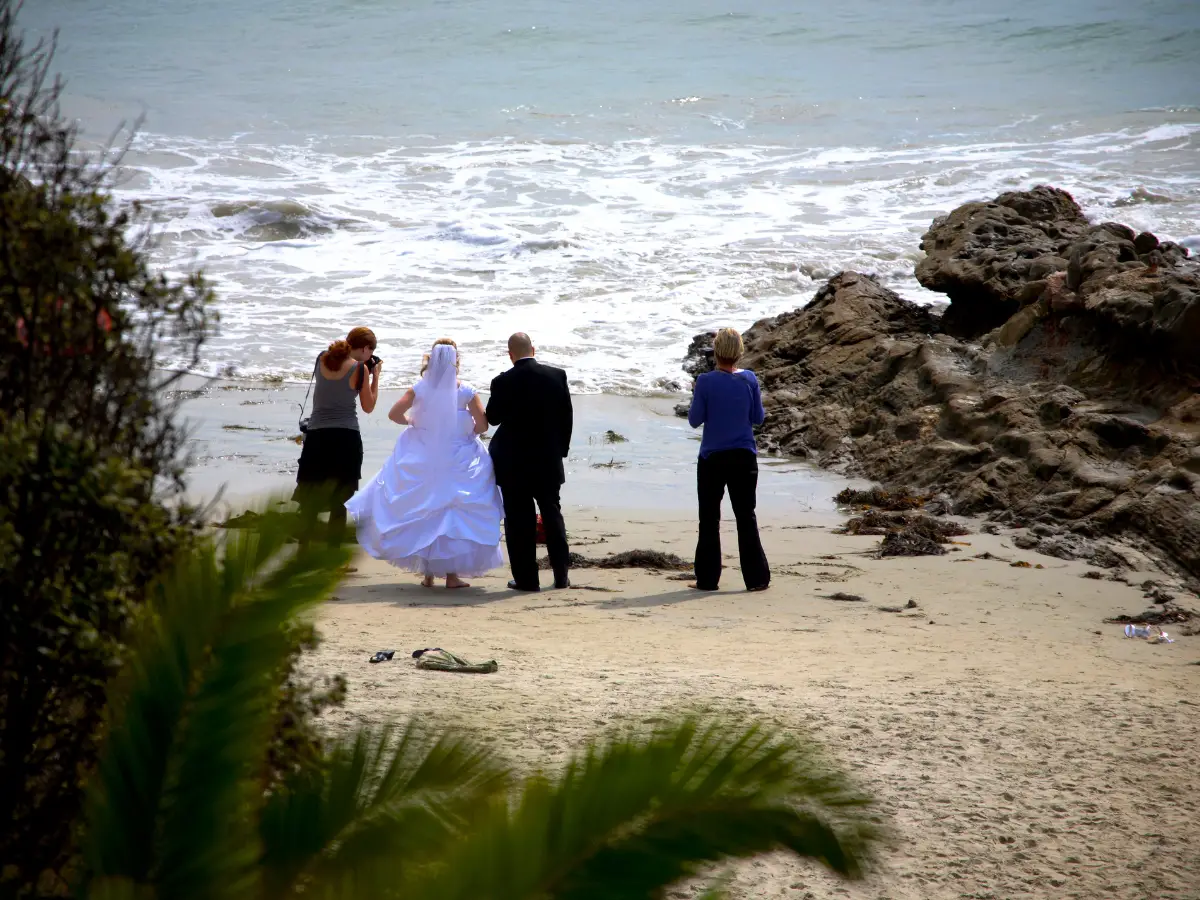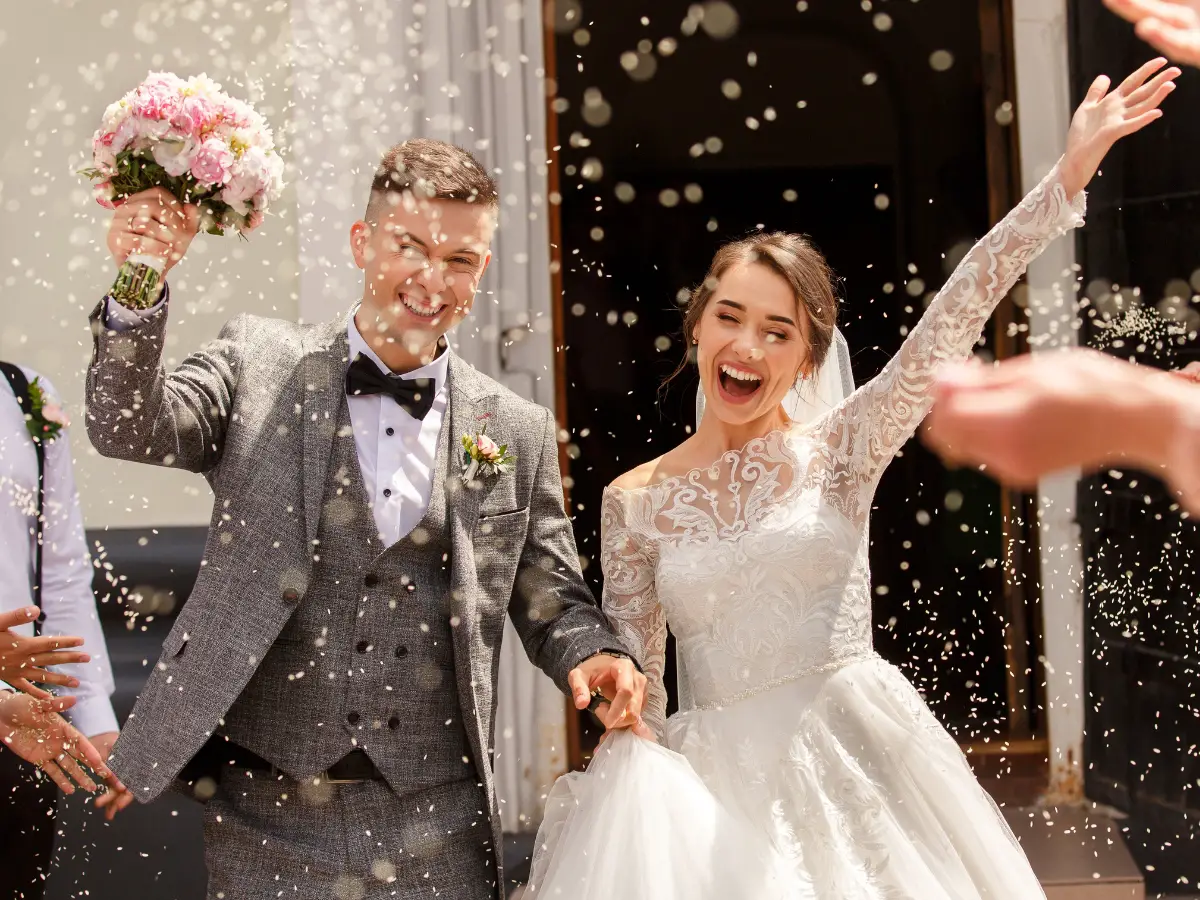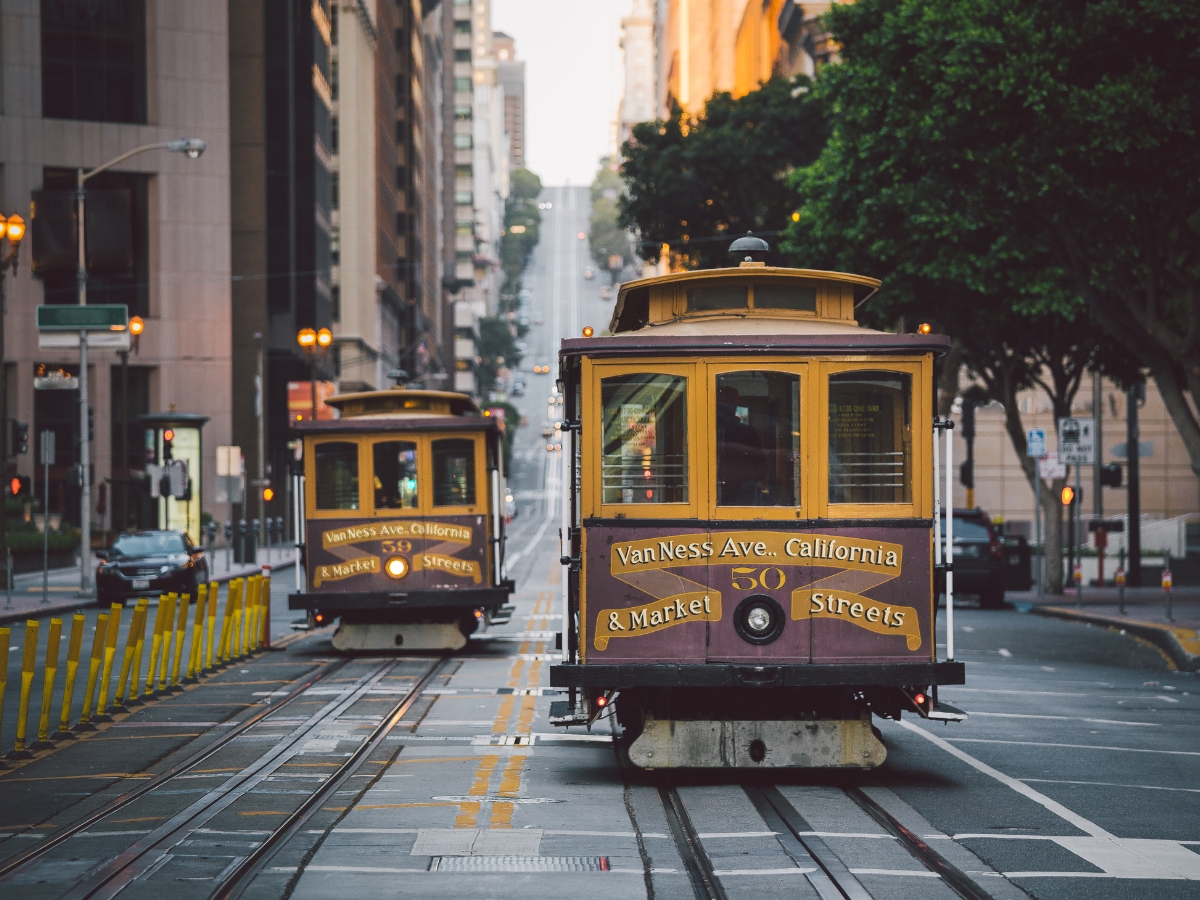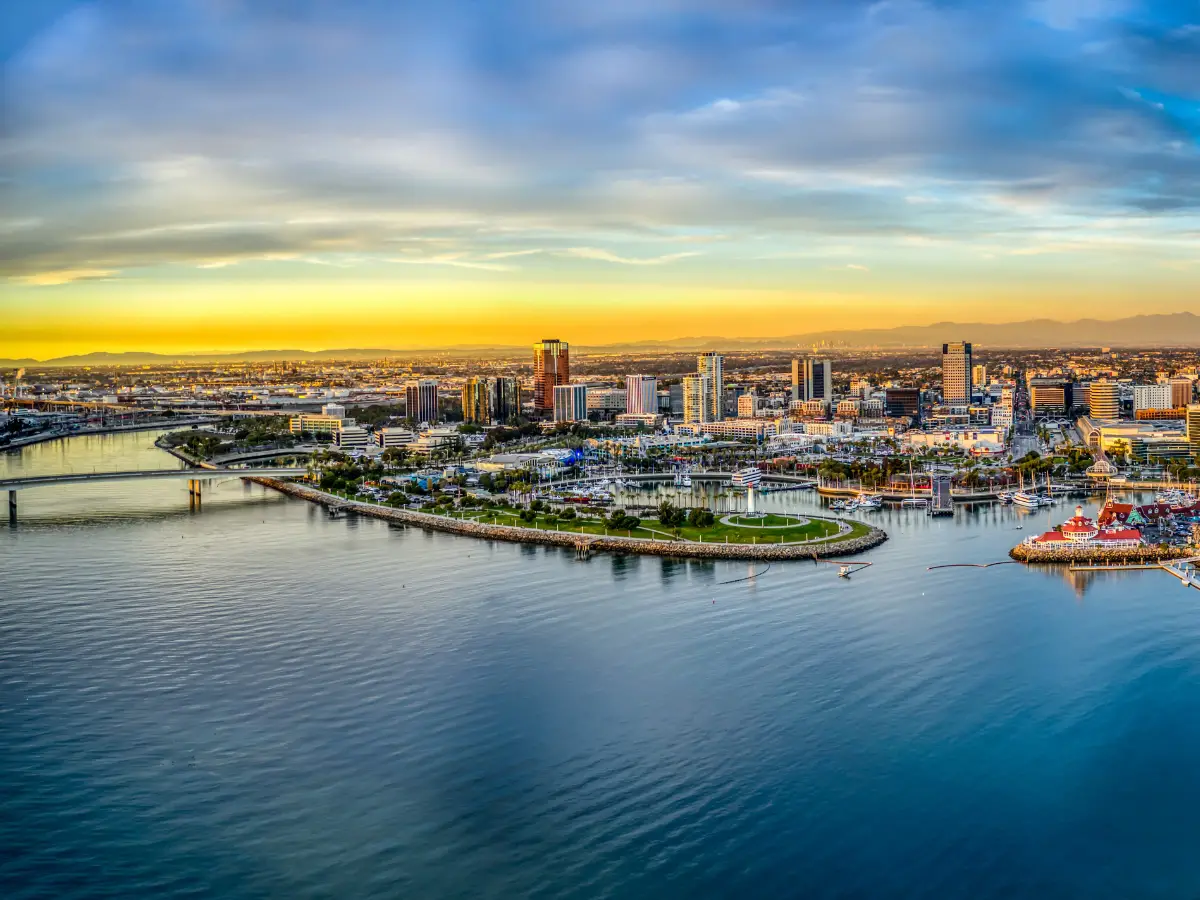Getting married is a significant milestone in life, and it’s essential to make it a memorable experience. Traditionally, weddings involve a ceremony where the couple exchanges vows in front of family and friends. However, not everyone wants a traditional wedding ceremony. Fortunately, in California, it’s possible to get married without a ceremony.
To get married in California without a ceremony, the first step is to acquire a marriage license. The marriage license can be obtained from any county clerk’s office in California, and it’s valid for 90 days from the date of issuance. Once you have the marriage license, you can get married without a ceremony.
Several options are available for couples who want to get married without a ceremony in California. One popular option is a sign-and-go ceremony, where the couple meets with their officiant and any required witnesses, exchange their declarations of intent, and quickly sign the license. Another option is an online wedding ceremony, where the couple can get married remotely. These options offer flexibility and convenience for couples who want to get married without a traditional ceremony.

Understanding Marriage in California
Getting married is a significant life event that requires careful planning and preparation. If you plan to get married in California, it’s essential to understand the state’s laws and regulations regarding marriage.
In California, marriage is a legal contract between two people recognized by the state. To get married in California, you must obtain a marriage license from the county clerk’s office. Both parties must appear in person to apply for the license and be at least 18 years old.
If you are under 18, you can still get married in California with written consent from at least one parent or legal guardian and permission from a California Superior Court Judge. Emancipated minors are not exempt from this process.
It’s important to note that California does not recognize common-law marriages. A common law marriage is a union between two people who live together and describe themselves as “married” but have not obtained a marriage license or gone through a formal marriage ceremony in the state.
Once you have obtained a marriage license, you can get married in California by having a ceremony performed by a licensed officiant or by obtaining a confidential marriage license. A confidential marriage license allows you to get married without a ceremony, but it requires that you and your partner sign a statement that you have been living together as spouses.
In conclusion, getting married in California requires obtaining a marriage license from the county clerk’s office and following the state’s laws and regulations regarding marriage. It’s essential to understand the legal requirements and procedures to ensure that the state recognizes your marriage.

Types of Marriage Licenses
If you want to get married in California without a ceremony, you will need to obtain a marriage license. There are two types of marriage licenses commonly issued in California: the public marriage license and the confidential marriage license.
Obtaining a Marriage License
To obtain a marriage license, both parties must appear in person at the County Clerk’s office and provide valid photo identification, such as a driver’s license or passport. The couple must also provide their full legal names, dates of birth, and current addresses. If either party has been previously married, they must provide the date of divorce or death of the former spouse.
After completing the application and paying the fee, the couple will receive their marriage license. The license is valid for 90 days from the date of issuance.
Expiration Date of a Marriage License
It is important to note that the marriage license expires 90 days after it is issued. If the couple does not get married within this time frame, they will need to obtain a new license.
If the couple chooses to obtain a confidential marriage license, the license will not be available for public inspection and can only be obtained by the couple themselves. Additionally, the confidential marriage license does not require a witness to the ceremony.
Overall, obtaining a marriage license in California is a straightforward process that requires both parties to appear in person and provide the necessary identification and information.

Legal Requirements for Marriage
Getting married in California is a straightforward process, but there are some legal requirements that must be met. Here are the essential things you need to know before tying the knot.
Identification
To obtain a marriage license in California, you must provide valid picture identification that contains your photograph, date of birth, and issue and expiration date. Examples of acceptable identification include a state-issued identification card, driver’s license, passport, or military identification.
Legal Name and Previous Marriages
You must provide your legal name when applying for a marriage license. If you have been married before, you will also need to provide information about your previous marriage, including the date it ended and the reason for the dissolution (divorce, dissolution, or nullity).
Date of Birth
You must also provide your date of birth when applying for a marriage license. If you are under 18 years old, you will need the written consent of both parents or legal guardians to get married. If you are under 16 years old, you will need a court order in addition to parental consent.
Birth Certificate
Some counties in California may require a copy of your birth certificate when applying for a marriage license. It is best to check with your local county clerk’s office to see if this is necessary.
Authorized Officiant
To get married in California, you must have an authorized person perform the ceremony, such as a religious leader or a civil officiant. The person performing the ceremony must be registered with the California Secretary of State’s office.
Marriage License
Finally, you must obtain a marriage license from the county clerk’s office in the county where you plan to get married. The license is valid for 90 days from the date of issuance, and there is a fee to obtain it.
Overall, getting married in California is a simple process as long as you meet the legal requirements. By following these guidelines, you can ensure that your marriage is legal and recognized by the state.

Role of the County Clerk’s Office
The County Clerk’s Office plays a crucial role in the process of getting married in California. The office is responsible for issuing marriage licenses, registering confidential marriages, and filing fictitious business name statements. Additionally, they process passport applications, post environmental documents, and register process servers.
To get married in California, you must apply for a marriage license from the County Clerk’s Office. The license is valid for 90 days from the date of issuance and must be used within that time frame. Both parties must appear in person to complete the application process and provide valid identification.
Once you have obtained your marriage license, you must give it to the person who will perform your marriage ceremony. The officiant is required by law to complete the marriage license and return it to the County Recorder’s Office within 10 days of the event for registration.
If you are not planning on having a ceremony, you can still get married in California by completing a confidential marriage license application. This type of license is only available to couples who are already living together and do not want to have a public ceremony. The County Clerk’s Office will issue the license, and the couple can then have a private ceremony with just the two of them and the officiant.
It is important to note that while the County Clerk’s Office can provide guidance and assistance with the marriage license process, they cannot perform the marriage ceremony themselves. It is up to the couple to find an officiant who is authorized to perform marriages in California.
Understanding Solemnization
Solemnization is the act of performing a marriage ceremony. In California, any authorized person of any religious denomination who is at least 18 years old can solemnize a marriage. This includes priests, rabbis, and other religious officials. Additionally, working and retired judges, as well as judges or magistrates who have resigned, can also solemnize a marriage.
It’s important to note that the marriage ceremony does not have to be religious in nature. In fact, a simple, non-religious ceremony can be just as meaningful and legally binding. The ceremony officiant must pronounce the couple married and complete the marriage certificate at the bottom of the marriage license.
If you don’t want the pomp and circumstance of a formal wedding ceremony, you can opt for a non-clergy wedding. This is possible in California, as the Constitution prohibits disparate treatment for different religions or for religious and non-religious beliefs. However, it can be challenging to find an authorized officiant who is not affiliated with a religious organization.
It’s also worth noting that a common-law marriage is recognized in California. This is a union between two people who live together and describe themselves as “married,” even though they haven’t obtained a marriage license or officially gone through a formal marriage ceremony. However, common-law marriage laws vary by state, so it’s important to research the laws in your specific state.
In California, the marriage officiant, the two parties, and any witnesses, if applicable, must be physically present together in the same location for the marriage to be performed. Blood tests are not required to obtain a marriage license in California.
Overall, understanding the solemnization process is crucial for couples who want to get married without a formal ceremony in California. By finding an authorized officiant and completing the marriage certificate, couples can legally and meaningfully tie the knot.
Role of Witnesses
In California, witnesses are not required to get married legally. However, two witnesses are needed to sign the marriage license after the ceremony has taken place. The witnesses must be at least 18 years old and have valid identification.
The role of the witnesses is to confirm that the marriage ceremony took place and that the couple getting married is who they claim to be. The witnesses do not need to be related to the couple nor do they need to be U.S. citizens.
When the ceremony is complete, the marriage license must be signed by the couple getting married, the officiant, and the two witnesses. The signed marriage license must then be returned to the County Recorder’s office within 10 days of the ceremony for registration.
It is important to note that witnesses are not responsible for the legality of the marriage. The couple getting married and the officiant are responsible for ensuring that the marriage is legal and meets all the requirements of California law.
In summary, while witnesses are not required to legally get married in California, they are needed to sign the marriage license after the ceremony. The witnesses play an important role in confirming the marriage and must be at least 18 years old with valid identification.
Alternatives to a Traditional Ceremony
Getting married without a wedding ceremony is becoming increasingly popular, especially in California. Couples are opting for creative alternatives to the traditional wedding ceremony, such as eloping alone or having a sign-and-go ceremony. Here are some alternatives to consider:
Elope Alone
Eloping alone is a great option for couples who want to avoid the stress and expense of a traditional wedding. It’s a simple and affordable way to get married without a ceremony. All you need is a marriage license, which you can obtain from the county clerk’s office. Once you have your license, you can elope anywhere you want, whether it’s a beach, a park, or a mountain top.
Sign-and-Go Ceremony
A sign-and-go ceremony is a quick and easy way to get married without a traditional wedding ceremony. During a sign-and-go ceremony, you meet with your officiant and any required witnesses, exchange your declarations of intent, and quickly sign the marriage license. It’s a great option for couples who want to get married without the fuss of a traditional ceremony.
Creative Alternatives
There are many creative alternatives to a traditional wedding ceremony. For example, you can have a small gathering of close friends and family at a restaurant or a park. You can also have a destination wedding, where you travel to a beautiful location with your partner and a few close friends. Another option is to have a virtual wedding, where you get married online with your friends and family watching.
Elope
Eloping is another popular alternative to a traditional wedding ceremony. It’s a romantic and adventurous way to get married without the stress and expense of a big wedding. You can elope anywhere you want, whether it’s a beach, a mountain top, or a city hall. It’s a great option for couples who want to focus on their love and commitment to each other, rather than the details of a wedding ceremony.
Overall, there are many alternatives to a traditional wedding ceremony. Whether you choose to elope alone, have a sign-and-go ceremony, or get creative with your wedding plans, the most important thing is that you and your partner are happy and in love.
Civil Marriage Ceremonies
In California, a civil ceremony is one way to get married without a traditional wedding ceremony. A civil ceremony is a non-religious ceremony that is performed by a judge or other authorized official. It is a simple and straightforward way to get married.
Role of a Judge
A judge is authorized to perform civil marriage ceremonies in California. The judge will perform the ceremony and sign the marriage license. It is important to note that judges are not required to perform civil ceremonies, and they may charge a fee for their services.
Role of a Priest or Rabbi
A priest or rabbi may also perform civil marriage ceremonies in California. However, they must be authorized by the state to perform civil ceremonies. If you choose to have a religious figure perform your civil ceremony, it is important to ensure that they are authorized to do so.
It is important to note that civil ceremonies do not have to be performed by a judge or religious figure. Other authorized officials, such as a notary public, can also perform civil ceremonies.
During a civil ceremony, the couple will exchange vows and rings, and the officiant will sign the marriage license. After the ceremony, the marriage license must be returned to the County Recorder’s office within 10 days of the event for registration.
Overall, a civil ceremony is a simple and straightforward way to get married without a traditional wedding ceremony. It is important to ensure that you have all of the necessary paperwork and that your officiant is authorized to perform civil ceremonies in California.
Understanding Power of Attorney
A power of attorney (POA) is a legal document that allows someone you name to act on your behalf in specific situations. In California, there are two main types of POA: financial and medical.
Financial Power of Attorney
A financial POA gives someone the authority to handle your financial matters, such as paying bills, managing investments, and selling assets. This type of POA can be general or specific, meaning it can give broad or limited powers to the agent.
To execute a financial POA in California, you must sign a document that meets the state’s requirements. You can find templates online or consult an attorney to draft a custom document.
Medical Power of Attorney
A medical POA, also known as an advance healthcare directive, allows someone to make medical decisions on your behalf if you are unable to do so. This can include decisions about life-sustaining treatment, pain management, and end-of-life care.
To execute a medical POA in California, you must sign a document that meets the state’s requirements. You can find templates online or consult an attorney to draft a custom document.
It’s important to choose someone you trust as your agent for both types of POA. You should also discuss your wishes and expectations with your agent to ensure they understand your preferences.
Overall, a power of attorney can be a useful tool for managing your affairs if you are unable to do so. However, it’s important to understand the limitations and requirements of each type of POA before executing a document.
Getting Married Online
If you’re looking for a hassle-free way to tie the knot in California, opting for an online marriage could be the perfect solution. The COVID-19 pandemic has made it difficult for couples to have traditional wedding ceremonies, but thanks to an executive order, N-58-20, signed by Governor Gavin Newsom in April 2020, Californians can now get married online.
To get married online in California, you need to follow a few simple steps. First, you need to obtain a marriage license from the County Clerk’s office in the county where you plan to get married. This can be done online or in person, depending on the county’s policies. Once you have your marriage license, you can schedule an appointment with an authorized officiant to conduct your virtual wedding ceremony.
It’s important to note that not all counties in California allow virtual wedding ceremonies, so you should check with your county clerk’s office to confirm that this option is available in your area. Also, keep in mind that there may be additional fees associated with getting married online, such as a convenience fee for processing your marriage license application online.
During the virtual ceremony, you and your partner will need to be in the same location and have a reliable internet connection. You will also need to have a device with a camera and microphone, such as a laptop or smartphone, to participate in the ceremony. The officiant will guide you through the ceremony, and you will need to sign your marriage license electronically.
It’s important to note that the executive order allowing virtual wedding ceremonies in California is temporary and was issued in response to the COVID-19 pandemic. As of July 2023, the pandemic is no longer considered an emergency, and the executive order has expired. However, it’s possible that virtual wedding ceremonies may continue to be allowed in certain circumstances, so be sure to check with your county clerk’s office for the latest information.
In summary, getting married online in California can be a convenient and stress-free option for couples looking to tie the knot. However, it’s important to follow the proper procedures and check with your county clerk’s office to ensure that this option is available in your area.
Marriage and Military Service
Getting married as a member of the military can be a bit more complicated than for civilians. However, it is still possible to get married in California without a ceremony, even if you are serving in the military.
If you are on active duty, you and your spouse-to-be will need to provide a valid military identification card. Additionally, if you are currently deployed, you may need to obtain a power of attorney in order to give someone else the legal authority to act on your behalf during the marriage process.
It’s also important to note that if you are serving in a war or conflict zone, there may be additional challenges to getting married without a ceremony. You may need to work with your commanding officer or other military officials to ensure that all necessary paperwork is completed and submitted properly.
Overall, while getting married without a ceremony as a member of the military may require a bit more effort, it is still possible to make it happen. Just be sure to follow all necessary procedures and requirements to ensure that your marriage is legal and valid.
Covid-19 and Marriage in California
The COVID-19 pandemic has disrupted many aspects of daily life, including weddings and marriages. In California, the state has imposed restrictions on gatherings and events, including weddings, in an effort to slow the spread of the virus.
As of the current date, California has prohibited receptions due to rising infection rates. However, couples can still get married without a ceremony by obtaining a marriage license and having it solemnized by an authorized person.
In response to the pandemic, California Governor Gavin Newsom signed an executive order in 2020 that allowed couples to obtain marriage licenses and have their marriages solemnized online, via live videoconferencing. However, this order has since expired and California no longer allows couples to get married online.
To get married in California during the pandemic, couples must follow certain guidelines and procedures. These include:
- Obtaining a marriage license from the county clerk’s office
- Having the marriage solemnized by an authorized person, such as a religious official or a judge
- Following all health and safety guidelines, such as wearing masks and practicing social distancing
It is important to note that the guidelines and restrictions related to COVID-19 may change over time, so couples should stay informed and up-to-date on the latest developments. Additionally, couples should consult with their wedding planner or other professionals to ensure that their wedding plans comply with all applicable laws and regulations.
In summary, while COVID-19 has presented challenges for couples planning to get married in California, it is still possible to obtain a marriage license and have a solemnized marriage without a ceremony. Couples should follow all guidelines and procedures to ensure that their marriage is legal and safe.
Residency and Physical Presence Requirements
To get married in California, you don’t have to be a resident of the state. However, you must be physically present in the state at the time of the marriage ceremony. This means that both parties, the officiant, and any required witnesses must be physically present together in the same location for the marriage to be performed.
It’s important to note that physical presence is required at the time of the marriage ceremony, not at the time of obtaining the marriage license. So, if you’re an out-of-state couple planning to get married in California, you’ll need to make sure you arrive in the state in time for the ceremony.
There are no specific residency requirements for obtaining a marriage license in California. However, you will need to provide valid identification with a photo, date of birth, and issue/expiry dates when applying for the license. Acceptable identification includes state-issued ID cards, driver’s licenses, passports, and military IDs.
It’s also worth noting that blood tests are not required to obtain a marriage license in California. So, as long as you meet the physical presence requirement and have valid identification, you should be able to obtain a marriage license and get married in California without a ceremony.
Understanding Waiting Periods
When getting married in California, it’s important to understand the waiting period requirements. A waiting period is the amount of time you must wait after obtaining your marriage license before you can legally get married. This waiting period is set by state law and varies depending on the state you’re getting married in.
In California, there is a mandatory waiting period of three days after obtaining your marriage license before you can get married. This means that you cannot get married until three days have passed since you received your marriage license. It is important to note that weekends and holidays do not count towards the three-day waiting period.
If you’re planning a wedding in California, it’s important to factor in the waiting period when choosing your wedding date. You’ll need to obtain your marriage license at least three days before your wedding date to ensure that you can legally get married on your chosen date.
It’s also important to note that the waiting period cannot be waived under any circumstances. Even if you have a valid reason for needing to get married sooner, such as a medical emergency, you will still need to wait the full three days before getting married.
In some cases, couples may choose to apply for a confidential marriage license, which allows them to bypass the three-day waiting period. However, this type of license is only available to couples who meet certain criteria, such as living together or being over the age of 62.
Overall, it’s important to understand the waiting period requirements when getting married in California. By planning ahead and obtaining your marriage license at least three days before your wedding date, you can ensure that you’re able to legally get married on your chosen date.
Finalizing the Marriage
Once you have completed your marriage ceremony, it is important to finalize your marriage legally. This involves obtaining and completing a marriage certificate from the County Clerk’s office where your marriage license was issued.
To obtain a marriage certificate, you will need to provide the following information:
- Full names of the spouses
- Date of marriage
- County where the marriage license was issued
Once you have provided this information, you will need to pay a fee to obtain your marriage certificate. The fee varies depending on the county, but it is generally around $15-$20.
It is important to note that the marriage certificate is a legal document that proves your marriage. You will need it to change your name, apply for joint accounts, and for other legal purposes. Therefore, it is important to keep your marriage certificate in a safe place.
In addition to obtaining your marriage certificate, you may also want to consider updating your legal documents, such as your will and insurance policies, to reflect your new marital status.
Overall, finalizing your marriage involves obtaining and completing a marriage certificate from the County Clerk’s office. It is a simple process that ensures your marriage is legally recognized.
Frequently Asked Questions
What is the process for obtaining a marriage license in California?
To get married in California, you must first obtain a marriage license from a county clerk’s office. Both parties must appear in person and provide valid identification. You will also need to pay a fee and fill out an application. There is no waiting period, and the license is valid for 90 days.
How can I get married at a courthouse in California?
Many county courthouses in California offer civil wedding ceremonies. You will need to obtain a marriage license beforehand and make an appointment with the courthouse. The ceremony is typically short and simple, and you may be able to bring a few guests.
Is it possible to get married in California without a ceremony?
No, by law, you must have a ceremony to be legally married in California. However, the ceremony can be as simple as exchanging vows and signing the marriage license in the presence of an authorized officiant and witnesses.
Do I need a witness to get married in California?
Yes, you will need at least one witness present at your ceremony to sign the marriage license. The witness must be at least 18 years old and have valid identification.
Can I get married quickly and quietly in California?
Yes, you can have a simple, private ceremony with just a few witnesses and an authorized officiant. This can be done at a courthouse or other location of your choosing. However, you will still need to obtain a marriage license beforehand.
What are the requirements for getting married in California?
To get married in California, both parties must be at least 18 years old or have parental consent if they are younger. You cannot be currently married to someone else or closely related to your partner. You will also need to obtain a marriage license and have a ceremony with an authorized officiant and witnesses present.






